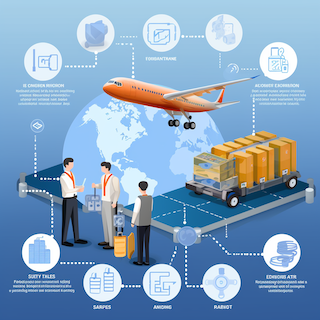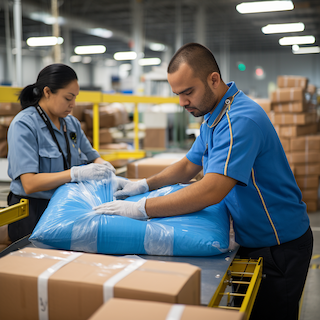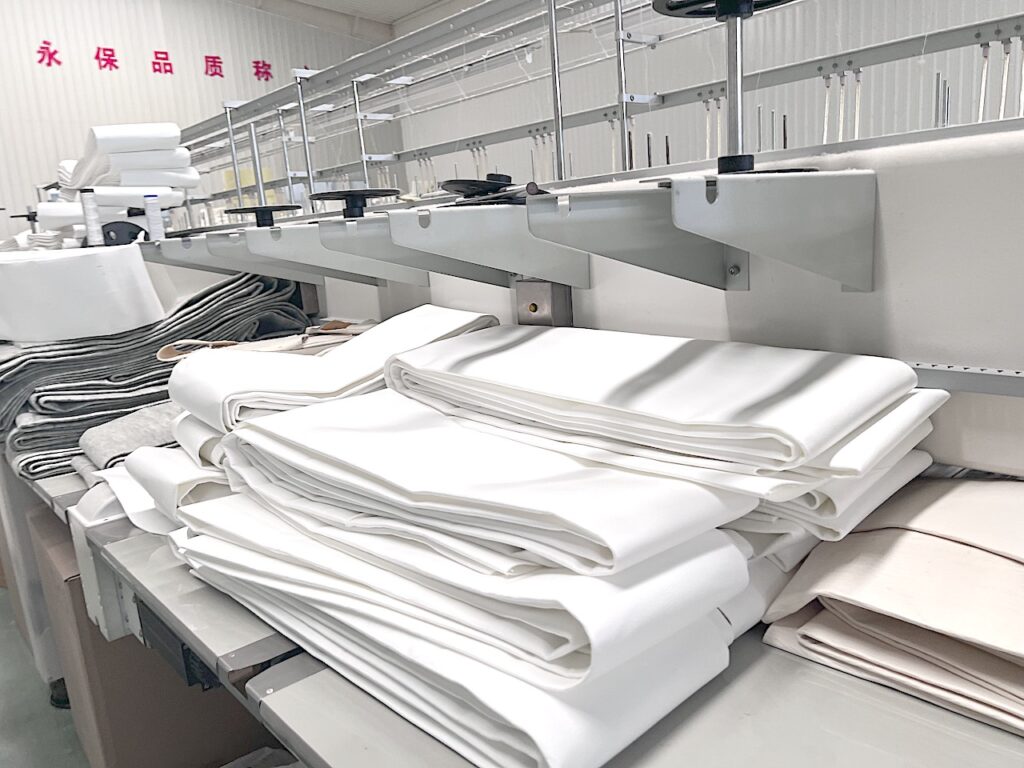In the dynamic landscape of international trade, the importation of filter bags involves a labyrinth of regulations and compliance standards. For businesses engaged in the import and export of filtration products, understanding and adhering to these regulations are paramount. This comprehensive guide sheds light on the critical aspects of international trade regulations, providing insights to ensure a seamless and compliant journey in the importation of filter bags.
Harmonized System Codes
At the core of international trade regulations are Harmonized System (HS) codes, which categorize products for customs purposes. Filter bags, being integral components in various industrial processes, fall under specific HS codes. Precise classification is imperative as it determines applicable duties, taxes, and regulatory requirements. Collaborating with customs experts or leveraging digital tools can assist in accurate HS code identification.

Compliance with Regional and National Standards
Countries and regions often establish specific standards for product quality, safety, and environmental impact. Before importing filter bags, businesses must familiarize themselves with the standards of the destination country. Ensuring that filter bags meet or exceed these standards not only expedites customs clearance but also enhances market acceptance.
Tariffs and Duties Considerations
Tariffs and duties play a pivotal role in the cost structure of imported goods. Navigating the intricate web of tariff schedules is essential for accurate cost projections. Many countries offer preferential tariff rates for certain products, often contingent on factors such as the country of origin. Businesses should explore these preferential arrangements to optimize cost-efficiency.

Documentation Excellence for Customs Clearance
Robust documentation is the bedrock of successful customs clearance. Importers must compile comprehensive documentation, including commercial invoices, packing lists, certificates of origin, and, when required, conformity certificates. Meticulously prepared documentation not only accelerates the customs clearance process but also minimizes the risk of disputes or delays.
Phytosanitary and Health Certificates
For filter bags used in industries like agriculture or food processing, adherence to phytosanitary and health regulations is crucial. Importers must obtain the necessary certificates affirming that the products meet specific health and safety standards. Ensuring compliance in this area is essential to prevent the entry of contaminants and safeguard public health.
Intellectual Property Protection
Filter bag manufacturers invest significantly in research and development. As an importer, respecting intellectual property rights is paramount. Ensuring that the products being imported do not infringe on patents, trademarks, or copyrights is not only a legal obligation but also a strategic move to build lasting partnerships.

Environmental Compliance
Environmental regulations are increasingly influencing international trade. Filter bags, often integral to emission control systems, must align with the environmental policies of the importing country. Demonstrating compliance with eco-friendly practices can enhance the marketability of filter bags while mitigating the risk of regulatory penalties.
Engaging Professional Customs Brokers
Given the complexity of international trade regulations, engaging professional customs brokers can be a judicious investment. These experts navigate the intricacies of customs procedures, interpret regulatory changes, and provide real-time insights. Their expertise ensures that filter bag imports comply with all relevant regulations, saving businesses time and resources.
Continuous Monitoring of Regulatory Changes
International trade regulations are dynamic, subject to frequent changes. Importers of filter bags must adopt a proactive stance by continuously monitoring regulatory updates. This includes staying abreast of changes in tariffs, trade agreements, and compliance standards, ensuring that the importation process remains aligned with the latest requirements.

Conclusion
In the realm of international trade, successful importation of filter bags demands meticulous attention to regulatory nuances. From HS code classification to environmental compliance, each facet contributes to a seamless and legally sound importation process. By embracing a comprehensive approach that combines regulatory knowledge, documentation excellence, and professional assistance, businesses can navigate the complexities of international trade and position themselves for sustained success in the global market.
For businesses seeking a reliable partner in the importation of high-quality filter bags, Diam Filter stands as a beacon of excellence. With a commitment to quality, compliance, and customer satisfaction, Diam Filter ensures that its products meet or exceed international standards, providing importers with confidence and reliability in their supply chain.
